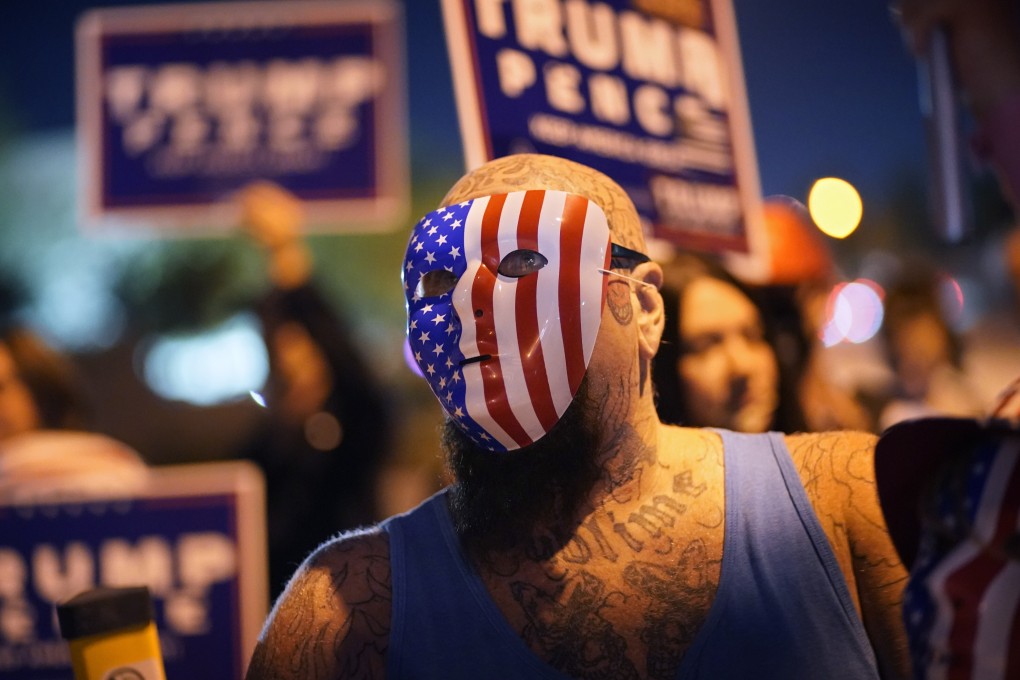Macroscope | Markets beware: the tight US election is a sign that the worst is yet to come
- The second wave of Covid-19 has been overshadowed by the US election. But the better-than-expected performance of Trump, with his anti-lockdown stance, presages a longer uphill battle against Covid-19 and more bad news for the global economy

For the past several months, Covid-19 has vied with the US presidential election as the main determinant of sentiment in financial markets.
In Bank of America’s monthly global fund manager survey, the outcome of the election and the damage wrought by the pandemic have been the top “tail risks” since February. Yet, while respondents to the survey have been sensitive to the threat of an inconclusive election result – almost two-thirds of those questioned in last month’s poll believed the result would be contested – they have been unduly complacent about the resurgence of the virus.
The second wave of the virus has been overshadowed by America’s momentous election. Investors had hoped that a clear-cut outcome would reduce some of the uncertainty that has plagued markets in recent weeks. Instead, the election has been much closer than anticipated.
Not only did President Donald Trump’s stronger-than-expected performance dash expectations of a decisive Democratic “blue wave” sweeping the White House and Congress, Trump’s team is contesting the legitimacy of a victory by Joe Biden.
